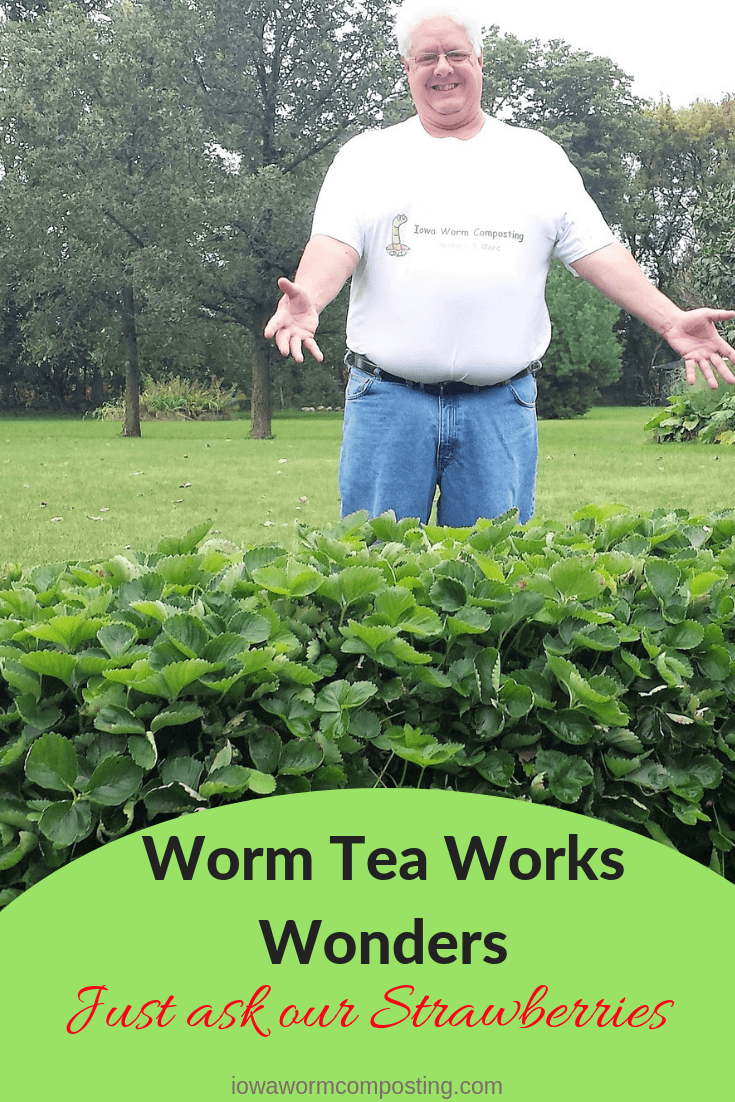


While it requires minimal effort, making worm cast tea is a rewarding experience. Even if it is your first time doing so, things don’t have to be complicated. It can be quite intimidating for beginners, but the process is pretty much straightforward. Although it is organic, it is not for humans. It is not fit for human consumption! Even if you like to eat and drink anything exotic, worm compost tea should not be one of them! It is made from a by-product of worm poo and household waste.

Perhaps, the most important thing to note is that while it is called a tea, this isn’t a replacement for the tea that you are drinking at home. In small quantities, there are also nitrogen, phosphorus, potassium, nitrogen carbon, calcium, and magnesium, among others. If you are making one at home, the composition will differ based on what you are feeding worms. It is commercially available and manufacturers may have different formulas. The mineral composition of vermicast tea will differ depending on the source. As they mature, they release castings, and this is what is used for making a tea that is in turn fed to plants. Worms are taken care of in a container where there is also bedding and the worms are fed organic scraps. Also called vermicast, it is an earthworm waste. In case you do not know, casting is an organic fertilizer from earthworms. Technically speaking, however, it is a tea that comes with worm castings. Some might take it too literally and think of it as a tea made of worms. Keep on reading to know more about what it is and how to prepare one. It is worm poop loaded with the essential minerals that plants need.

If you are looking for natural fertilizer, you can’t go wrong with worm tea! It is a by-product of vermicomposting, allowing you to harvest a nutritious compost out of healthy worms. A lot have harsh chemicals that can pose more risks than benefits. However, fertilizers can also contaminate the water supply, especially those with phosphates and nitrates. It supplements the necessary minerals for healthier growth. They replace the nutrients that are no longer present in the soil. Fertilizers are important for keeping plants healthy.


 0 kommentar(er)
0 kommentar(er)
